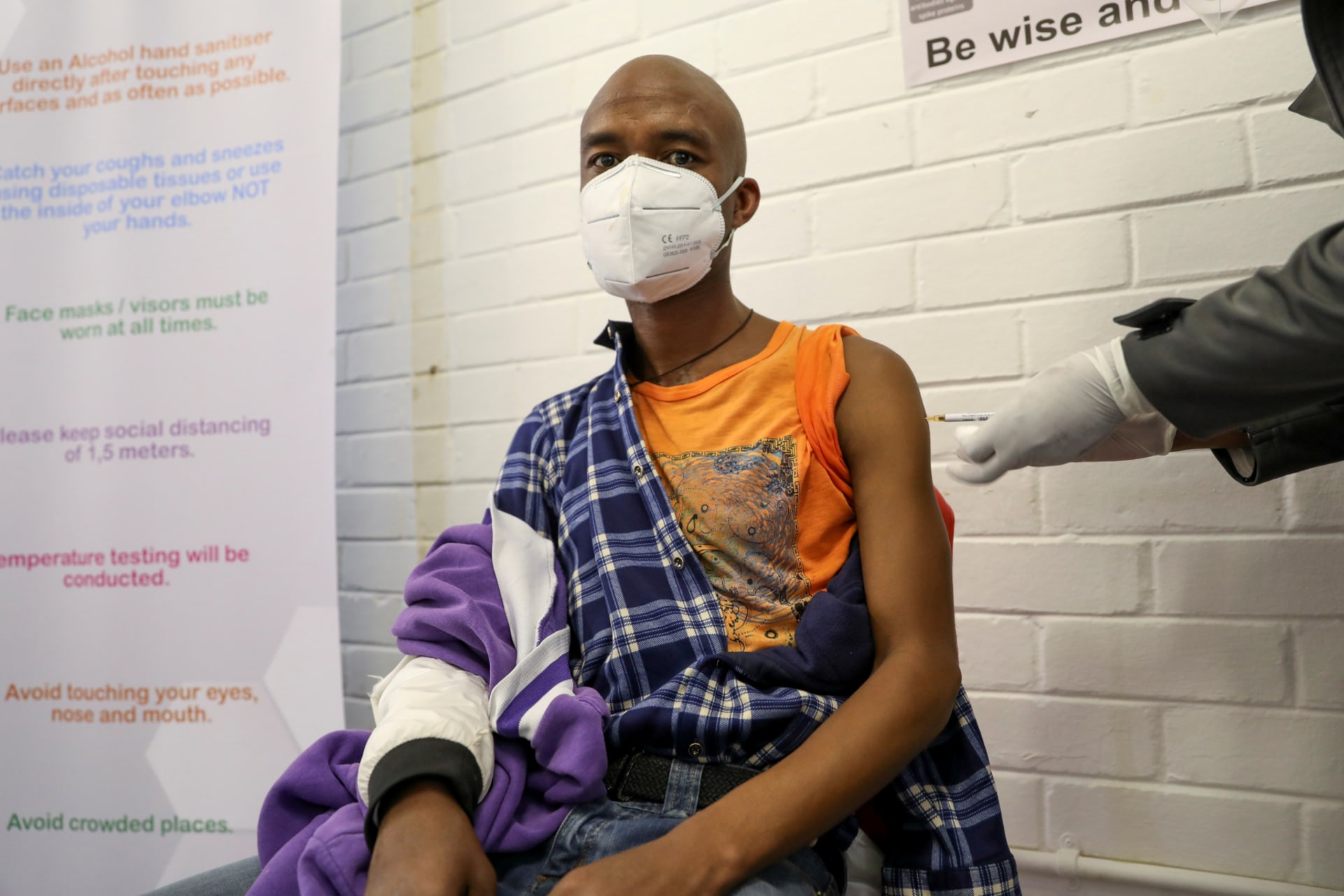Trials for COVID-19 Vaccine Candidate Begin in South Africa

By experts and staff
- Published
By
- John CampbellRalph Bunche Senior Fellow for Africa Policy Studies
Africa’s first COVID-19 vaccine trial began on June 24 in South Africa. The trial started in Johannesburg, the commercial capital, and Pretoria, the national capital, in Gauteng province, and will gradually spread to other parts of the country. In Johannesburg, some participants are residents of Soweto township. The vaccine, developed by Oxford University’s (UK) Jenner Institute, will inoculate two thousand South Africans.
It is appropriate that South Africa host the vaccine trials. It has by far the most developed medical infrastructure in Africa and a tradition of medical innovation. The Groote Schuur Hospital in Cape Town was the site of the world’s first heart transplant, now a generation ago. It is winter in the southern hemisphere, the season in which influenza of various types are most prevalent.
Trials of the Jenner Institute’s vaccine are taking place in Brazil, South Africa, and the United Kingdom; the other trials also appear to have begun on June 24. According to the WHO, there are 220 vaccine candidates in development. Thirteen are in clinical trials: five in China, three in the United States, two in the United Kingdom, including that developed by the Jenner Institute, and one each in Australia, Germany, and Russia. The Jenner vaccine is currently manufactured in the United States; production is expected to shift to the Untied Kingdom in the autumn.
South Africa is the African country that has been hardest hit by the virus, up to now. As of June 24, there were 111,796 cumulative cases—one-third of the continent’s reported disease burden—and 2,205 people have died from the virus. About 57,000 have recovered, so there are about 53,000 active cases. South Africa has by far the most extensive testing regime of a major country in Africa, with 1.4 million tests conducted so far out of a population of 58 million. The WHO recently announced that all African states have the laboratory capacity to test for the virus, though others still lag far behind South Africa’s testing ability. Nigeria, for comparison, has conducted just 122,155 tests out of a population of about 200 million, with 22,020 confirmed cases as of June 24. In the United States, 30 million tests have been conducted out of a population of 328 million, with about 2.9 million positive tests reported.
The government of President Cyril Ramaphosa has aggressively imposed various protocols to control the spread of the disease. Enforcement, however, has resulted in instances of police brutality which undercut popular support. In response, some of the restrictions have been lifted. South Africa’s official statistics are credible. However, those of other African countries are less so and many observers estimate that cases are under counted. Hence, it is hard to know the true proportion of Africa’s COVID-19 cases made up by South Africa. What is clear is that of the continent’s largest states—Nigeria, Ethiopia, and the Democratic Republic of Congo—South Africa’s efforts to control the virus have been the most extensive.